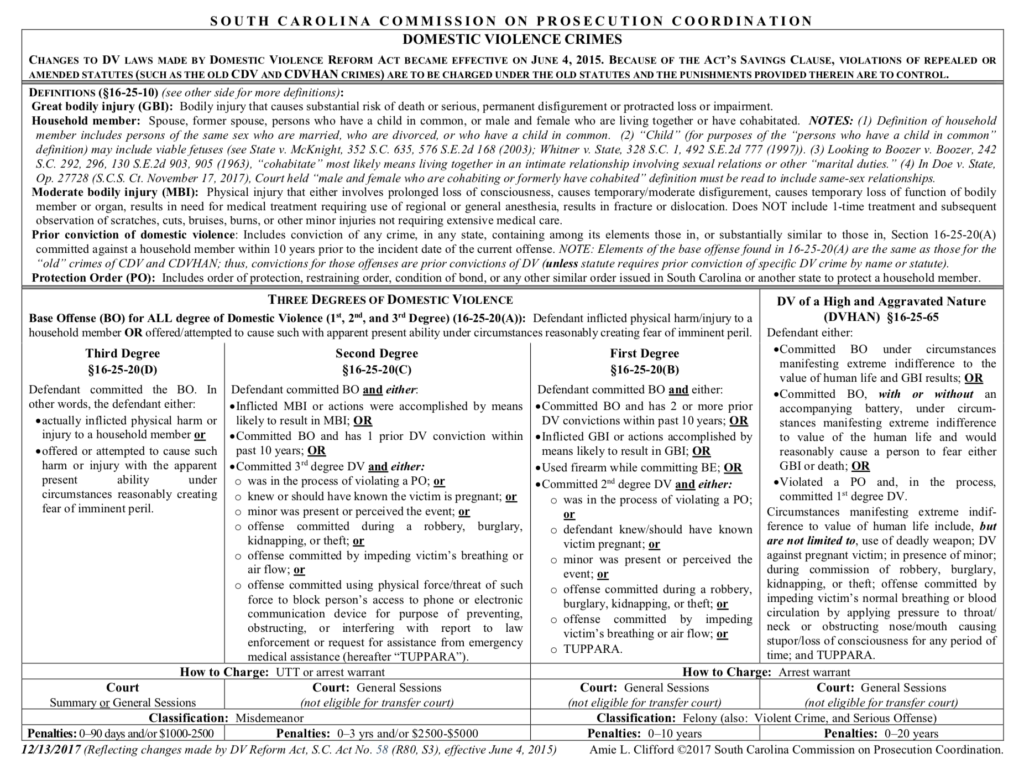DOMESTIC VIOLENCE DEFENSE
Domestic Violence Lawyer John Crangle handles DV 1st, 2nd, 3rd, & HAN charges in Upstate South Carolina. We help clients in Greenville, Anderson, Spartanburg, Oconee, Pickens, Spartanburg, & other counties throughout South Carolina.
CALL 864-325-5093 FOR YOUR FREE CONSULT

SOUTH CAROLINA DOMESTIC VIOLENCE LAW
Domestic Violence is harming OR threatening to harm physical injury to a household member. The harm could be a threat, a scratch, a phone call, or a fight. Under South Carolina law, the primary aggressor is responsible. If you are defending yourself or others from attack, you are not guilty. Often officers arrest both parties, to deescalate the situation. If the prosecution can’t establish who started the fight, then they cannot prove domestic violence.
Don’t leave your DV case to chance. Crangle Law Firm fights DV cases: from third degree to high & aggravated.
DOMESTIC VIOLENCE SENTENCING
3rd Degree | 2nd Degree | 1st Degree | DV High & Aggravated nature | |
| Jail | 0 – 90 Days | 0 – 3 years | 0 – 10 years | 0 – 20 years |
| Type | Misdemeanor | Misdemeanor | Felony | Felony |
CONSEQUENCES OF CONVICTION
Under 18 U.S.C. § 922(g)(9), Federal Law FOREVER BARS your ability to own a firearm or ammunition. If you are found guilty, you are subject to criminal penalties.
This applies even if the charge is reduced to Assault & Battery in the 3rd degree.
Don’t leave your case up to chance.
DEFENSES TO DV
Greenville Domestic Violence Attorney John Crangle fights DV charges. He’s represented 100+ clients charged with domestic violence. Crangle Law Firm carefully reviews the incident report. We also interview witnesses and challenge the officer’s initial assumptions.
Officers often jump to conclusions and don’t listen your side of the case. We protect our client’s rights and make sure their case receives the full attention it deserves.
DIFFERENCE BETWEEN 1ST, 2ND, & 3RD DEGREE
Domestic violence law varies by degrees. Each degree has different elements that enhance the offense. 3rd Degree is the lowest: DVHAN is the highest.
A common requirement is that the victim be a “household member.” A household member is a cohabiting couple or two people with a child in common.
The chart below provides a good summary of the differences.


